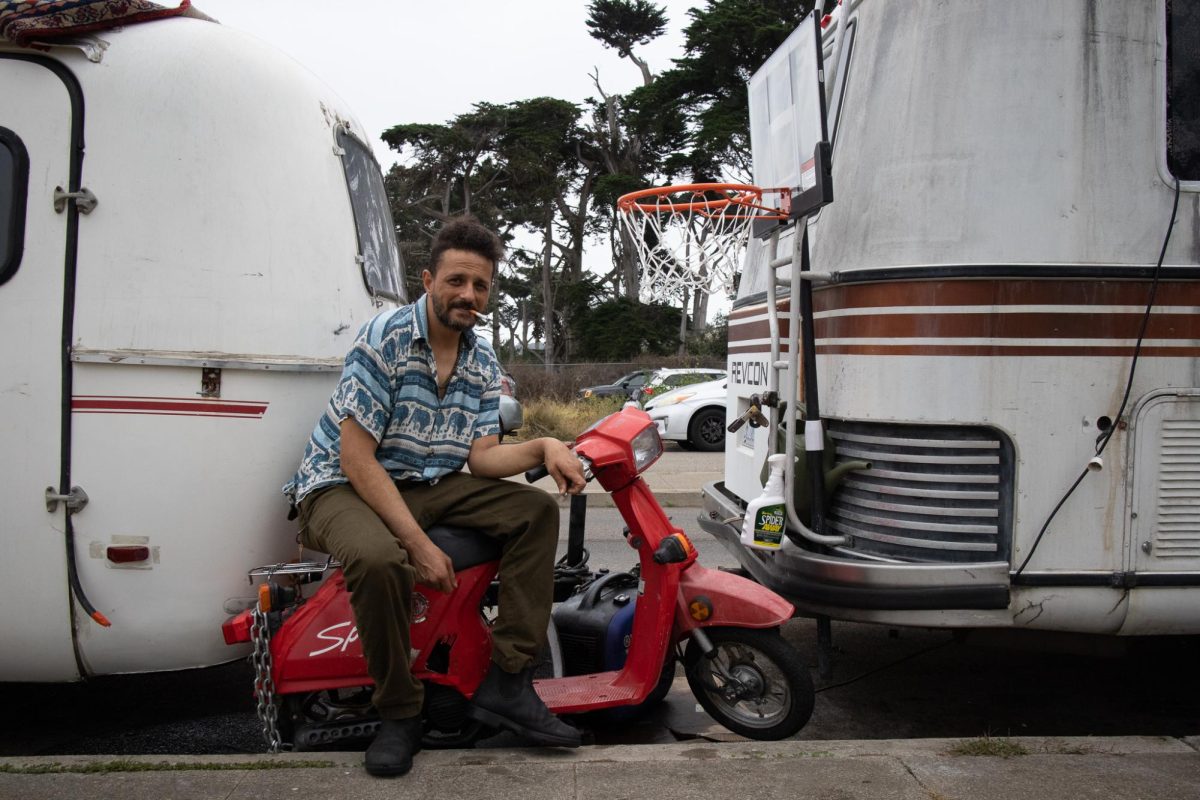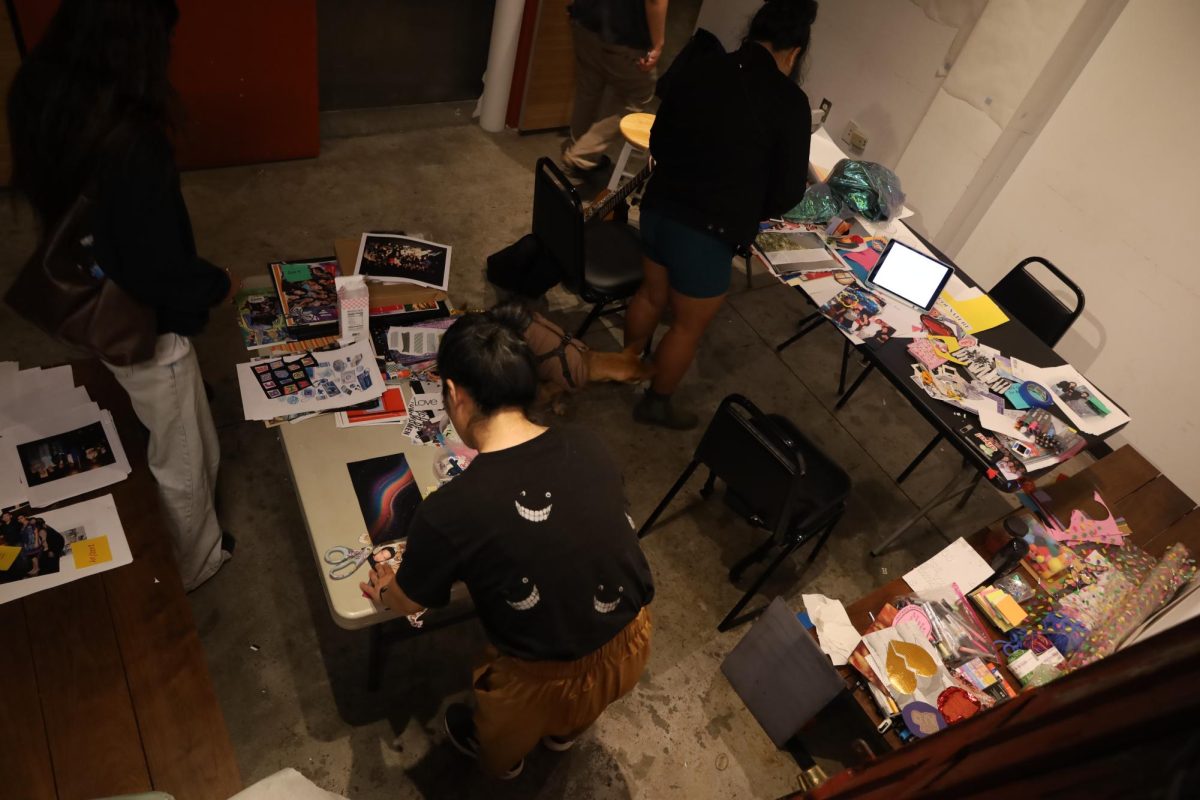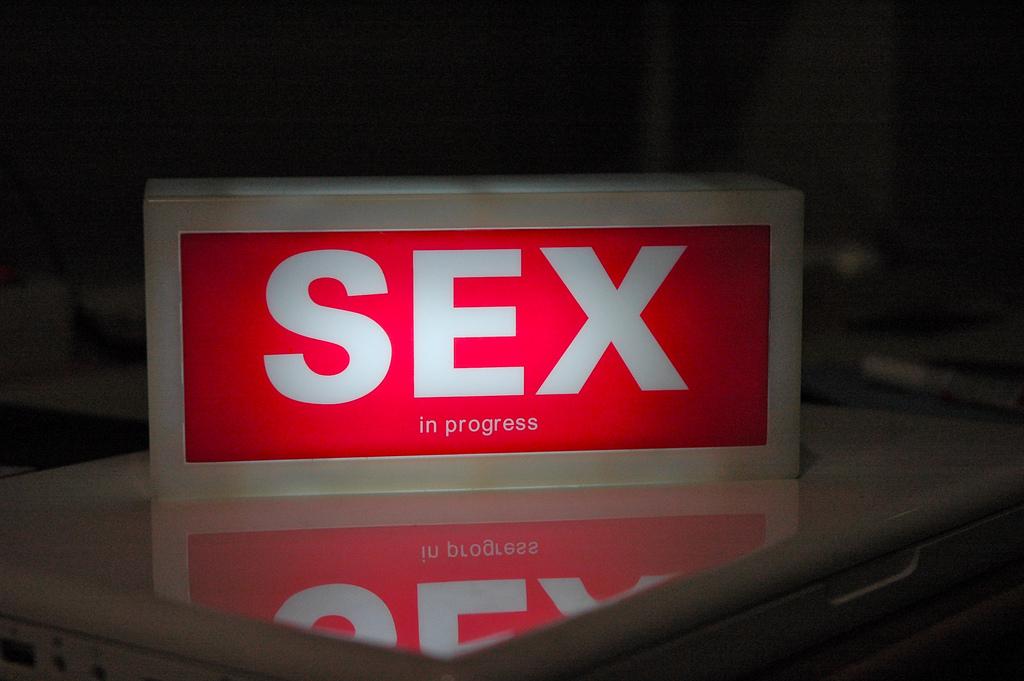Starting March 1, 67-year-old Joyce Calagos and all San Francisco seniors and disabled citizens will no longer be required to pay 75 cents for Muni fare. The SFMTA board unanimously voted for the Free Muni For Seniors and People With Disabilities proposal on January 20.
Calagos, a San Francisco native, says she’s thrilled the proposal passed.
“I’m excited and I’m spreading the word to everyone,” Calagos says.
“It’s been something that I’ve wanted for the past 20 years. I couldn’t believe that it was finally true,” says Mira Ingram, 47, who uses a wheelchair due to her diabetes and neuropathy.
After three weeks, 20,000 applications for the free Muni pass have been filed, ranging close to the estimated 27,000 seniors and disabled who meet the income qualifications and have a qualified disability.
Donna Willmott, a Senior and Disability Action employee, says the success of the proposal was due to a community effort. Senior and Disability Action, Chinatown Community Development Center, and 48 other community groups partnered together and voiced their need for financial assistance to the SFMTA through several rallies, letters and testifying at board meetings over the course of a year.
Calagos says she testified at a SFMTA board meeting in November, spoke at a City Hall press conference in December, and attended the Free Muni for Seniors and Disabled City Hall rally January 20.
“People really put a lot of efforts into making this happen,” Willmott says.
The approval of the Free Muni for Youth Program in April of 2014 exposed another San Francisco demographic in need of social justice: young people. But for seniors, Willmott says free transportation helps overcome the financial limits they face, with many living day to day off their social security checks.
“It means that people don’t have to choose between paying for medicine or a Muni pass. They can buy that $10 pair of shoes and still afford transportation,” Willmott says.
“I’ll be free to go anywhere that I need to go,” Ingram says. Living off a monthly $900 income that she receives from disability, Ingram is forced to ration her funds. With a replenished bank account at the end of the month, Ingram said she could substitute her electric wheelchair for a bus ride if her destination was nearby. For farther trips, Ingram said she was forced to stay home.
“I’ve had to cancel several doctor appointments,” Ingram says.
SFMTA’s hesitation to pass the proposal was tied to the loss of funds. Estimated cost for the program ranges from $4 million to $8 million, but revenue from recently passed Prop A and Prop B should provide enough funds to upkeep the program.
Willmott was ecstatic once she heard that low income seniors and the disabled could board Muni free of charge, and said SFMTA was bridging the city’s increasing social gap.
“They’re taking one step towards acknowledging the differences that are getting more announced in San Francisco. People will be able to remain apart of the community,” Willmott says.












